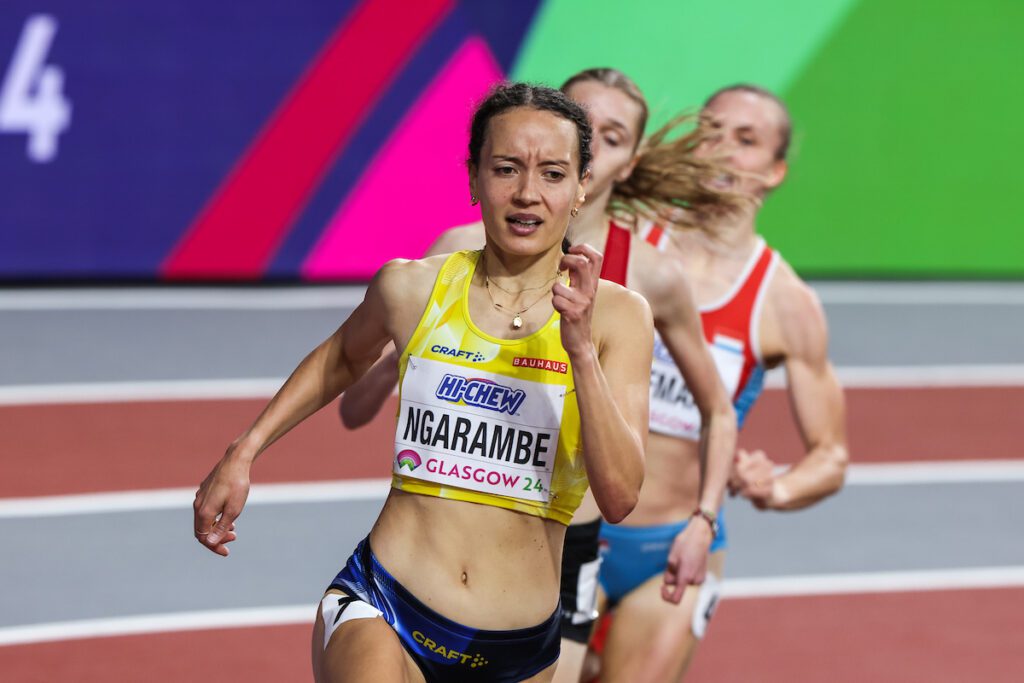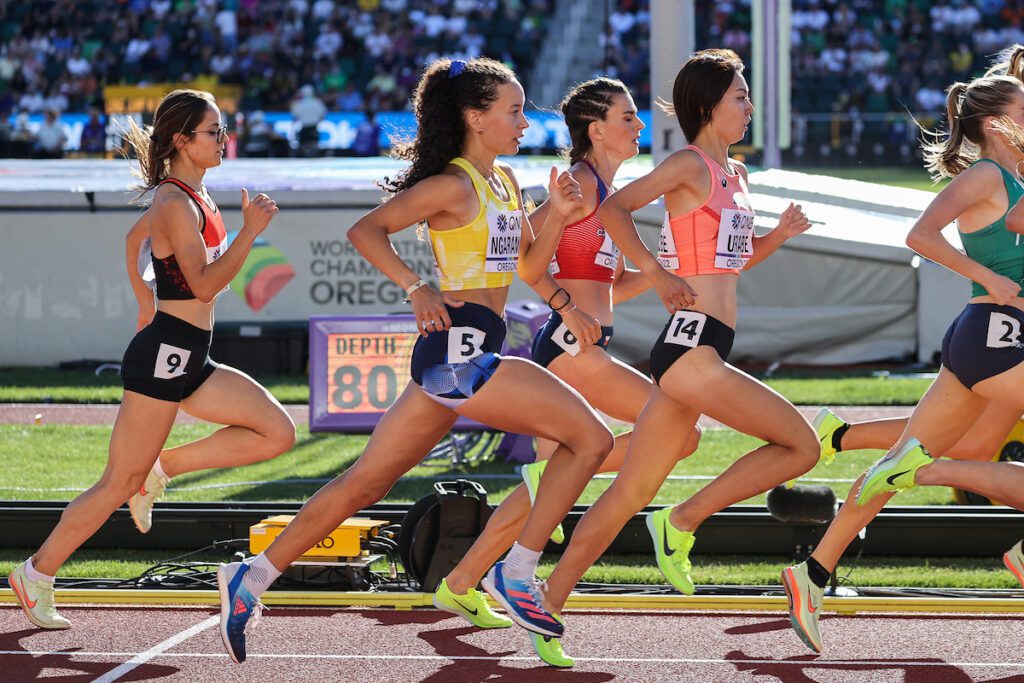Swedish middle-distance runner Yolanda Ngarambe thought she’d executed every part she might to qualify for Paris 2024 within the girls’s 1,500m. She received her nation’s nationwide championship and was ranked inside the highest 35 on the planet in her occasion, but the Swedish Olympic Committee (SOK) determined to not choose her; this marks her second consecutive Olympic snub.
🚨 Yolanda Ngarambe 🇸🇪 denied Olympic Choice by the Swedish Olympic Committee, once more.
The 1500m runner certified by world rankings for Paris however has not been chosen by the Swedish Olympic Committee.
For Tokyo, she met the Olympic Normal however was nonetheless denied choice. pic.twitter.com/txaQdEA2Ef
— World Athletics Hub (@wldathleticshub) July 3, 2024
Ngarambe isn’t the one Swedish athlete annoyed with the nation’s choice coverage, which differs from the World Athletics coverage. There are a number of others, together with 3,000m steeplechasers Simon Sundström and Emil Blomberg, who each sat in qualification spots through the World Athletics rankings however had been handed over for choice.
“This will likely be my second time qualifying for the Olympics and my second time being denied choice by the Swedish Olympic Committee,” Ngarambe wrote. “I ran the Olympic normal for Tokyo 2020 and certified through the rankings for Paris. Make it make sense.”
How Olympic choice works
For Paris 2024, World Athletics launched a brand new choice coverage with 50 p.c of qualification locations primarily based on reaching the entry normal for an occasion inside the qualification interval (July 1, 2023, to June 30, 2024) and the opposite 50 p.c primarily based on the World Athletics rankings.
World Athletics’ qualification coverage is a strict normal that each one nations should comply with, however some nations have carried out their very own guidelines to make sure they’re solely sending athletes who’re a menace to succeed in a last or contend for a medal.


Based on Sveriges Friidrottsförbundet, for an athlete to be thought of for Olympic choice, they should have achieved a high 12 consequence at a significant championship (i.e., Olympic Video games, World Championship or European Championship). Larger meets, such because the Tokyo Olympics or World Athletics Championships, carry extra weight. Even athletes who don’t meet these actual quotas could also be chosen if they’ve a number of outcomes inside a sure efficiency vary, particularly these near the qualifying restrict.
Sweden at present has solely three feminine athletes competing in observe occasions, plus a small observe and discipline staff of twenty-two athletes. (Canada is sending a staff of 48.)
Ngarambe’s case
In Ngarambe’s case, the ladies’s 1,500m occasion had a strict efficiency requirement set by the SOK, between 4:02.53 and 4:04.33. Her season’s better of 4:05.19 stands outdoors the nomination vary, so regardless of having a top-10 end on the 2024 European Championships in Rome, she was not selectable below their standards.
Sweden isn’t the one nation that has carried out harder qualifying requirements. UK Athletics has been criticized for adopting the identical “Olympic last or bust” choice expectation, which a number of athletes have spoken out in opposition to, saying it’s killing the game of observe and discipline within the U.Okay.


UK Athletics chief govt Jack Buckner criticized the group’s former qualification marks, calling them “too mushy” for the 2019 World Championships and 2020 Olympic Video games. In an effort to extend Nice Britain’s medal haul, UK Athletics has moved away from sending greater squads and targeted solely on the nation’s greatest observe and discipline stars. “That you must actually deal with the massive hitters,” mentioned Bucker when questioned in regards to the harder requirements final 12 months. “We might have an inventory of six to 10 names, and we must be throughout them. We have to determine the place the medals are coming from and have the best sources in place.”
For Ngarambe, who will likely be 33 later this 12 months, the Paris Video games was her final alternative to characterize her nation at an Olympic Video games. “I’m now a two-time Olympic qualifier who has been denied choice twice by the Swedish Olympic Committee,” she says.

